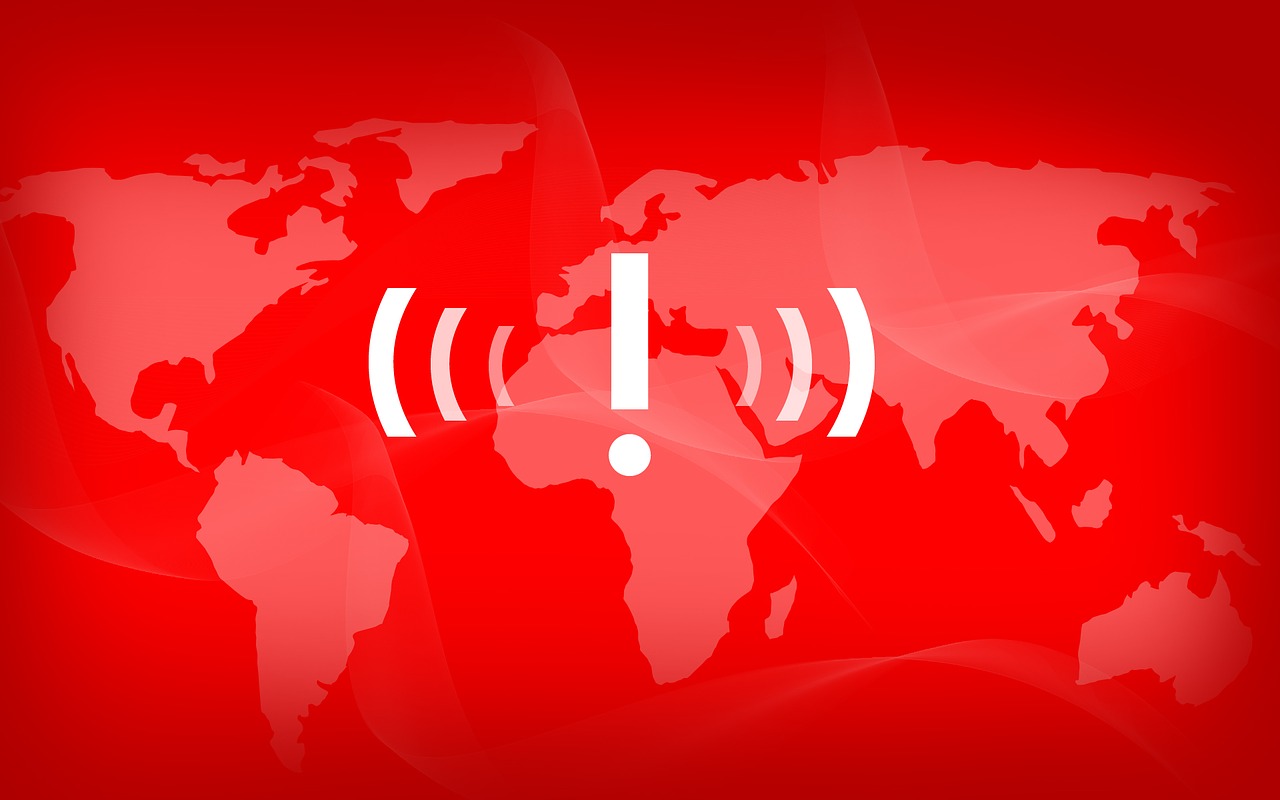Sign up for The Media Today, CJR’s daily newsletter.
A few weeks ago, the columnists for Politico Playbook alerted readers about a big exclusive.
“SCOOP,” they tweeted. “Trump hosting Capitol Hill Republicans.”
The same day, the Playbook team tweeted another exclusive: They had discovered that many reporters wanted to cover the testimony of former FBI Director James Comey, which was then three days away.
SCOOP: Comey's testimony the hottest ticket in town https://t.co/2VZG6ulLN8 pic.twitter.com/26MLr9pkwE
— POLITICO Playbook (@playbookdc) June 5, 2017
Never mind that these stories could rightly be classified as “no duh.” In the hyperkinetic world of modern journalism, any speck of news counts as an exclusive. And in a business where exclusivity drives Web traffic and Web traffic determines success, journalists are expected to brag.
“Everybody is fighting for attention,” says Jake Sherman, the co-author of Playbook. “We want to call attention to our work.”
ICYMI: Two dozen freelance journalists told CJR the best outlets to pitch
Politico and Axios, a new organization started by Politico veterans Jim VandeHei and Mike Allen, account for a large share of the scoop-mania. In an interview, Sherman says that’s a reflection of VandeHei’s direction that “we shouldn’t be bashful about the work we do. We should be proud and willing to promote it.”
The bragging mostly occurs on Twitter, but some organizations have even taken to putting “scoop” in their headlines. (Axios: “Scoop: Top GOP senators urge Trump to exit Paris climate deal.”)
The relentless self-promotion is a change from the days when reporters and editors waited for other news organizations to determine what was a legitimate exclusive. “Scoop” has become as overused as “BREAKING NEWS,” which is deployed even when there are no new developments, diminishing its value on truly big stories.
ICYMI: “This is a whole generation of young people who were basically sold a lie”
Today, it seems everyone is boasting—reporters at big organizations (New York Times reporter Rachel C. Abrams: “Scoop: Details of Ivanka Trump’s trust show just how much power she has kept over her brand”) as well as smaller upstarts (Axios Business Editor Dan Primack: “Scoop: UTIMCO names new CEO.”)
Occasionally the reporters actually have significant stories. Politico reporter Tara Palmeri rightly trumpeted “SCOOP: Trump deputy chief of staff Katie Walsh moving to outside political groups.” The Wall Street Journal’s Shane Harris had a good one when he bragged, “Scoop: Trump gives CIA back the authority to do lethal drone strikes, reversing Obama.”
Others may have genuine local appeal, such as a Rhode Island reporter’s tweet: “SCOOP: House Speaker Paul Ryan visiting RI this week.” But much of the bragging is about incremental developments so small they barely warrant a news brief.
“Scoop: John Kasich launches TV ad blitz in NH,” Philip Rucker of The Washington Post tweeted during the campaign. “Debut spot is bio-heavy with a ‘Never Give Up’ theme.”
Or “SCOOP: Obama’s digital veterans are banding together for new group to invest in tech that can help progressives win,“ from Tony Romm of Recode.
Or “SCOOP!! Mnuchin Said to Focus on Currencies as G-20 Girds for Trump Era,” from Bloomberg reporter Saleha Mohsin—an exclusive that apparently was so big it warranted TWO exclamation points.
ICYMI: The New York Times reporter who tweets like it’s going out of style
Sherman defends the bragging because he says some audiences hunger for the most tiny development. “The information marketplace is different and people are following news in a way they never have. Maybe 10 Republicans going to the White House isn’t on the front page of The New York Times, but it matters to our readers.”
Yet some reporters remain more modest. Michael S. Schmidt, the New York Times reporter who broke the story that President Trump urged Comey to drop the Michael Flynn investigation, tweeted, “NEWS: Trump told Comey to stand down on Flynn investigation, 1st evidence Trump tried to influence Russia inquiry.”
That was news—and a scoop.
ICYMI: Equipment you’ll need to start your own podcast
Correction: An earlier version of this story misspelled the name of reporter Tara Palmeri.
Has America ever needed a media defender more than now? Help us by joining CJR today.



